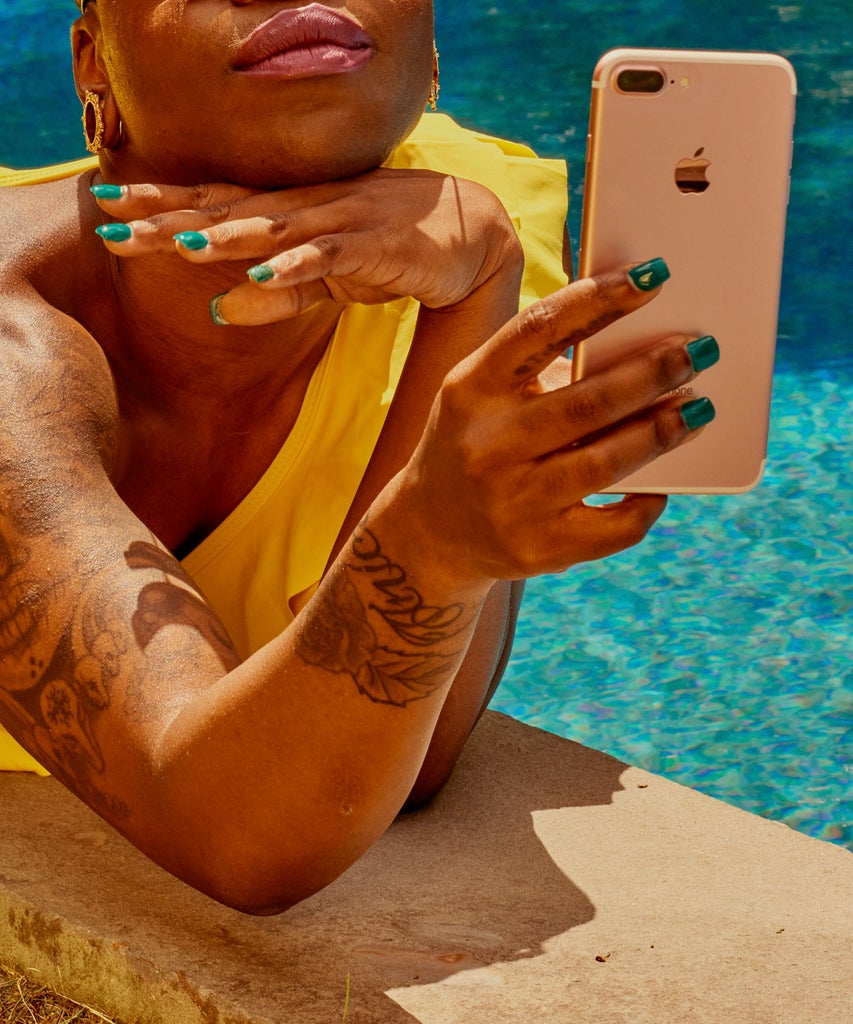
Is it appropriate for a healthcare professional to post a picture of themselves in a swimsuit to social media? If your answer is, “Yes, duh,” then you’re on the same side of the debate as the hundreds of people who have been using the #Medbikini hashtag since this past Friday.
The hashtag went viral in response to an article posted by the Journal of Vascular Surgery, titled, “Prevalence of unprofessional social media content among young vascular surgeons.” As you can probably glean from the title of the paper, the study hoped to assess how many young vascular surgeons were posting unprofessional content to social media.
If you’re thinking they were looking for HIPAA violations, or perhaps questionable TikTok videos, you’d be partially right. The social media screeners (three people, all of whom were identified as male) reviewed social media profiles, looking for content including offensive comments about the surgeons’ coworkers or patients and unlawful behaviour.
But many feel the paper went off the rails with its screening process, also deeming posts that showed surgeons “holding/consuming alcohol” or wearing “inappropriate/offensive attire” as “potentially unprofessional.” And as far as we know, the doctors were not showing themselves doing these things in the operating room; it appeared as though they were getting dinged for, say, drinking a cocktail in a bar — just while also being MDs. “The unprofessional nature of simple alcohol consumption is potentially a topic of debate, but there is evidence that the general public might hold physicians to a higher standard,” the study authors wrote.
Controversial political or religious comments (which the study notes were “largely limited to comments centred around specific stances on abortion and gun control“) were also considered unprofessional.
What really made people take notice, though, was that “inappropriate attire” included “pictures in underwear, provocative Halloween costumes, and provocative posting in bikinis/swimwear.” And while men can and do post pictures of themselves in underwear, sexy costumes, and bathing suits, most people read this as sexist language that targeted women.
In a show of solidarity, medical professionals responded by flooding social media with photos of themselves in bikinis and swimwear. Along with the hashtag #Medbikini, many posters added comments that call out the sexism that female medical professionals experience on a daily basis.
“The all white, all male editorial board which published this paper reveals the sexist system of double standards that has existed in medicine since its inception and has allowed women of all shapes, colours and sizes to be shamed, harassed, judged, and underpaid,” a psychiatrist based in New York City who goes by travelbeyondsize wrote on Instagram.
Yalda Safai, MD, a psychiatrist based in New York, tells ABC News that while she competed in beauty pageants and modelled throughout medical school, she was often discouraged from posting images of herself in a bikini to her social channels because it would allegedly undermine her profession. “I could be intellectual, I could be caring,” Dr Safai said. “I could have the best intentions for my patients. And yet it comes down to how I choose to dress and how I choose to behave outside of my profession.”
“Oddly enough I found myself shying away from making a #medbikini post myself out of fear of being the victim to the same sexism and ridicule expressed in the article,” Rushelle Julien, DDS, wrote on Instagram. “You see as a Black woman the same rules that apply to my white counterparts do not apply to me. I deal with double the discrimination and double the prejudice. Professionalism for me is really veiled racism designed to keep me in check. For me it’s caused anxiety, depression, self doubt, and the need to always be perfect. Believe me when I tell you IT IS EXHAUSTING!!!!!!!!!!”
The journal has since retracted the study and apologised on Twitter, saying that “the review process failed to identify the errors in the design of the study with regards to conscious and unconscious bias,” ending with a pledge to improve the diversity of their editorial boards. One of the study’s authors, Thomas Cheng, also apologised on Twitter, stating, “Our intent was to empower surgeons to be aware and then personally decide what may be easily available for patients and colleagues to see about us.”
“Unprofessional social media content not only reflects poorly on the individual, but also the medical profession as a whole,” the study stated, before it was retracted. I don’t know, though… When I’m choosing a doctor, I’m more concerned about whether they have a degree and whether they take my insurance than whether they’ve recently been to the beach.
Like what you see? How about some more R29 goodness, right here?
BAME Healthcare Workers Open Up About Their Fears